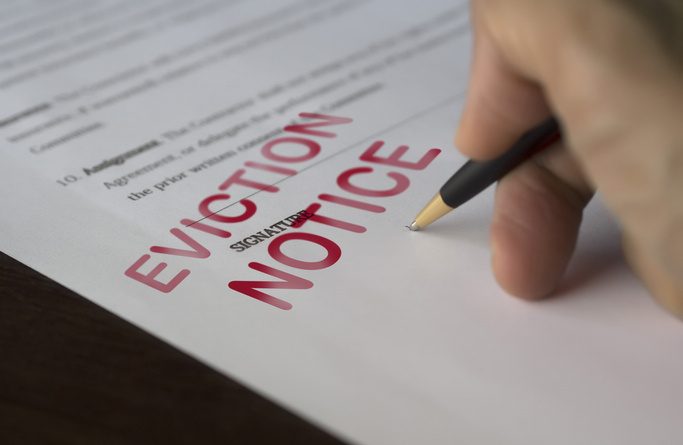Late rent payments can be one of the most stressful parts of owning a rental property. While it’s important to maintain positive relationships with tenants, landlords must also protect their financial interests. Knowing the proper legal process for overdue rent Alberta landlords must follow helps you stay compliant with the law while resolving issues effectively.
Step 1: Confirm the Late Payment
Before taking any legal action, confirm that the rent is indeed overdue according to the lease agreement. Review the payment due date, grace period (if any), and communication records. Sometimes, missed payments are simple oversights or banking delays. Contact the tenant in writing to remind them of the missed payment and request immediate resolution. Clear, polite communication often resolves minor delays without further action.
Step 2: Issue a Written Notice
If the tenant does not pay after your reminder, the next step under Alberta’s Residential Tenancies Act is to issue a 14-day notice to end the tenancy for non-payment of rent. This written notice must include the reason for termination, the amount owed, and the date the tenancy will end if the rent is not paid. The tenant has the right to pay the overdue amount before the 14 days expire, which cancels the eviction process Alberta law outlines.
Step 3: Apply for a Court or RTDRS Order
If the tenant still fails to pay or vacate after receiving notice, landlords can file an application through the Residential Tenancy Dispute Resolution Service (RTDRS) or the Alberta Court system. The RTDRS is a faster and more affordable option for most landlords, allowing you to obtain an enforceable order for rent owed or possession of the property. Understanding this step is essential for Alberta landlords to handle overdue rent correctly and stay within legal boundaries.
Step 4: Enforce the Order Legally
If the RTDRS or court grants a possession order, the tenant must leave by the date specified. If they do not comply, the landlord cannot forcibly remove them. Only a civil enforcement agency, such as a bailiff authorized by the court, can carry out an eviction. Taking matters into your own hands, such as changing locks or removing tenant belongings, is illegal in Alberta and can result in legal penalties for the landlord.
Step 5: Recover Unpaid Rent and Damages
Once the tenant has vacated, landlords can apply through the RTDRS or court to recover unpaid rent or repair costs for damages beyond normal wear and tear. Proper documentation, like rent receipts, photos, and communication records, will strengthen your claim. Alberta’s legal process ensures that both landlords and tenants are treated fairly, but strong documentation is essential for a successful outcome.
Prevent Future Overdue Rent
The best way to handle late payments is to prevent them. Conduct thorough tenant screening, require clear lease agreements, and use reliable rent collection systems. Partnering with a property management company can also help ensure consistent payment tracking and fast action when rent is overdue. GIL Property Management provides Calgary landlords with structured processes that protect income and maintain professional tenant relationships.
For more ways to protect your rental income, read our article: What Are the Rules for Rent Increases in Alberta.
If you’re dealing with overdue rent or a difficult tenant situation, GIL Property Management can help. Our experienced team handles communication, documentation, and the full legal process to ensure landlords stay compliant and protected. Contact us to learn how we can help you manage overdue rent Alberta landlords face with confidence and professionalism.

